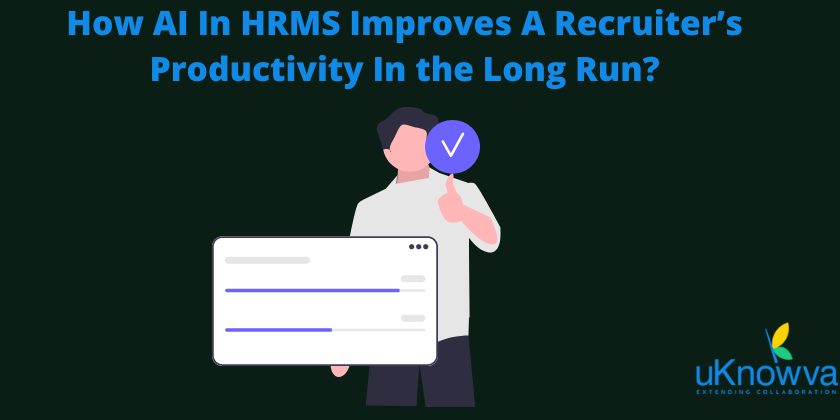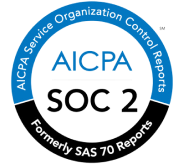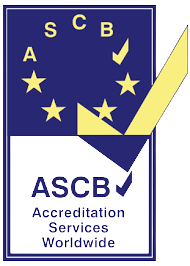With the emergence of equal employment opportunities, recruiters scout the right talent with AI-backed strategies. Otherwise, meeting the changing skill-based hiring needs becomes more challenging and time-consuming.
That is why AI in HRMS is a lucrative venture for recruiters to execute and trust. The uKnowva recruitment engine has all the necessary capabilities to assist recruiters in finishing their job hunting approaches flawlessly.
Refer to the copy below and evaluate how such capabilities rescue recruiters from wasting time. Later, these help in driving essential business growth while employees and job applicants receive favourable experiences throughout.

Ways for AI in HRMS to Improve A Recruiter’s Productivity In The Firm:
Hiring hackathon challenges for amassing talent pool.
One of the interesting AI for recruiting trends to implement is hiring hackathons. It helps recruiters amass a larger talent pool within a certain cost over a period.
They later use the analytical reports to shortlist as many candidates as possible from this circulated talent pool.
This talent pool after completing a hackathon will be effective. Most of the selected candidates in the hackathon perform tasks given by the moderators.
If they complete tasks on time, job applicants have the right skill, temperament, and knowledge for the job.
Plus, recruiters can overview the total CVs received and their assessment sheets in one interface. Afterwards, the HR analytics assists them in evaluating the productivity level of each participant.
This way, artificial intelligence in hiring drives more traction from outsiders. This even reengineers the external branding of the company. That happens because candidates from multiple countries participate in virtual hiring hackathons.
This strategy is closely aligned with skill- and talent-based hiring processes. The uKnowva recruitment engine makes it smooth by integrating the portals from where applicants apply.
Create and offer automated job applicant experience.
AI in HRMS changes how recruiters scout, hire, and deliver promises to job applicants. With the involvement of chatbots and automated helpdesks, recruiters ensure to resolve all queries candidates put forward.
Resolving each doubt and query helps firms to give their next hires the best experience possible. That is important even for the first point of contact. It creates a lasting impression on the outsider that will help arouse their interest in the culture.
Candidates often ask blunt and open questions to chatbots. Transparency and honesty are what recruiters attain using these bots. Such tools are available 24/7 on the job portal or the company’s career portal.
So, any candidate can ask questions from these bots in their favourable time zones. There wouldn’t be a delay in addressing and answering important concerns regarding the current job openings.
It will help companies automatically connect with employees without being physically present or online (at odd hours). The uKnowva HRMS boosts artificial intelligence in hiring for installing chatbots, teaching them language processing skills at every interaction.
Managers see reports at the back of the system generated from these interactions. They have a real and accurate report to gauge the effectiveness and proactiveness of these bots.
The system can calculate the total number of resolved queries, even those increasing in more clicks to job vacancies. With advanced techniques, the DevOps team can track click-through rates generated from these bots.
It enables them to enhance these bots’ intelligence and give a delightful experience to each job applicant. Impressed candidates are more interested in exploring the company and job profile to speed up the application process.
Set up the right assessments for each job role.
AI for recruiting requires employers to set up the right assessment plans for a job role. Each question can be tried and tested within the system first. Later, the applicant tracking system in the uKnowva HRMS discerns queries like:
- Total applicants who passed/failed the assessment score.
- Time is taken to fill up the assessment test.
- Totalled average of the assessment test from all candidates.
- Questions relevant to the job profile enlisted in the assessment.
- Judgement of the personalities based on these assessment tasks and tests.
These questions are very basic ones. As the job grows more complicated and in length, so might the assessment.
The uKnowva recruitment engine shortlists candidates based on these assessments too. The entire process will be automatic, triggered based on certain actions:
- A candidate completing the assessment.
- Candidate emailing the recruiter for an update after applying.
In any case, the shortlisting from the backend triggers. The system also sends these candidates timely alerts to complete the assessment to increase the chances of selection.
Launch a streamlined pre-boarding to the onboarding process.
To boost artificial intelligence in hiring, recruiters must set up a transparent and streamlining process. They can discuss focal points of automation with their seniors first.
Later, they can set up triggered actions and responses in the uKnowva recruitment engine. Automating pre-boarding to onboarding speeds up the hiring and talent scouting process.
There will be a shortage of talent in the firm. Recruiters can hire and take onboard the right people without bias at the appropriate time. Streamlining the pre-boarding to onboarding process helps overcome usual bulk hiring challenges and shortfalls.
With a predefined system and automated actions, recruiters must monitor the initial stages.
Example:
The uKnowva recruitment engine helps them publish job openings to various integrated portals at once. There’s no need to switch tabs or interfaces when using the uKnowva network system.
The AI in HRMS of this tool also recommends the right time to hire new talent. It gives recruiters alerts and hints before shortages arise.
Partner with effective and useful job posting sources/channels.
Another effective initiative for AI in recruiting the right and the best talent is to partner with fruitful channels and portals. Manually this is hard and time-taking to judge the essentiality of a job portal or channel.
But as recruiters hire from different sources for the first time, they enter details in the system. The AI at the backend starts to churn, explore, and integrate this data with actively registered users’ information.
It won’t take long for the system to start recommending it. Soon enough, it will highlight the talent scouting channels for job-fit and future-fit candidates.
These automatic recommendations are reliable and entirely assembled from the data existing in the system. Implementing these recommendations help improve employee retention and productivity scores in the long run.
Conclusion:
The AI in HRMS improves your workforce productivity in the long run with the steps mentioned above. To leverage those processes, you need to implement a smarter workforce management tool, that is, uKnowva HRMS.
Contact here to request a call back for booking your demo.












